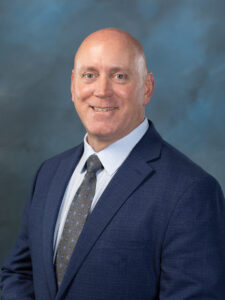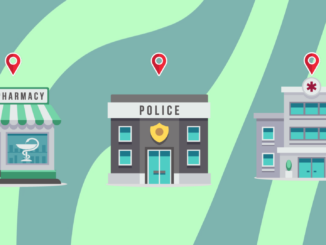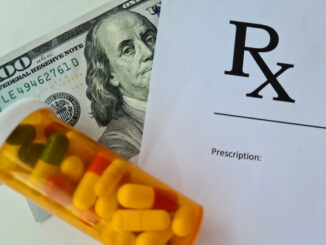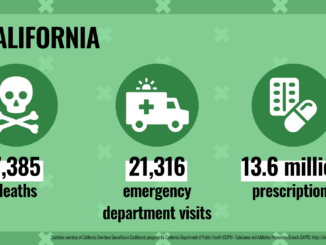
The responsible way to dispose of unwanted medications
Safe disposal drug take-back bins keep unwanted pharmaceuticals out of the environment and the hands of those who may misuse them. We talked to Thomas Koutroulis, director of Waste & Recycling for the County of Orange, to understand how bins benefit the communities they’re in.

of Waste & Recycling for the
County of Orange
“Keeping medications out of the waste stream and ensuring proper disposal at a drop off location not only helps protect the environment, but more importantly it protects public health,” says Koutroulis. He continued, “I have a friend that shared their experience about how convenient it was for them to use the drop off at the pharmacy while picking up a new prescription. She said it was an easy and simple process.”
“Keeping medications out of the waste stream and ensuring proper disposal at a drop off location not only helps protect the environment, but more importantly it protects public health.”
Thomas Koutroulis, Director of Waste & Recycling for the County of Orange
Take-back bins help community avoid hazards of unwanted drugs
There are hazards associated with less responsible disposal methods. If you flush medications down the toilet, wastewater treatment plants can’t eliminate the medications and they end up going into the groundwater, where they can cause harm to people, fish, and other living things. If you put them into the trash, people can rummage through the trash, potentially contributing to drug abuse.
How do medication take-back bins benefit the communities they’re in?
Take-back bins provide convenient and secure disposal options for unwanted or expired medications. In the past, users were encouraged to flush medications down the drain or throw them away in the trash, both of which can contribute to pollution. Stockpiling medications in the home can also contribute to intentional misuse or accidental poisonings.
What can be disposed of in the bins?
Bins accept prescription and over-the-counter medications, medical patches, as well as pet medications and medicated ointments and lotions tightly sealed in their original containers. Disposal requirements are posted at each bin location.
What materials cannot be disposed of in the bins?
Community residents are advised not to put illegal controlled substances in the bins, such as marijuana, heroin, or LSD for example. For safety reasons, medical sharps and needles, compressed cylinders such as asthma inhalers, chemotherapy or radiopharmaceuticals, and medical devices such as thermometers should also not be disposed of in bins. Sites will not be held responsible for materials deposited into bins.
Where can you find take-back bins?
Pharmacies, hospitals with pharmacies, and law enforcement locations are suitable locations as they can provide proper management and security for materials.
To find a bin near you, go to medtakebackcalifornia.org.
Read more stories about med bins in Orange County.
Brought to you by the California Drug Take-Back Program and the California Product Stewardship Council.
Recent facebook posts from California Product Stewardship Council

The California Product Stewardship Council (CPSC) is a powerful network of local governments, non-government organizations, businesses, and individuals supporting policies and projects where producers share in the responsibility for managing problem products at their end of life.
CPSC is California’s thought leader and expert on Product Stewardship and the Extended Producer Responsibility (EPR) movement.
EPR enjoys the support of more than 26 million Californians. That’s nearly 70% of the state's population! Nearly 150 resolutions have been passed by California local jurisdictions and organizations supporting a more sustainable and toxic free environment through product stewardship. CPSC works closely with companies who have redesigned products for reuse as well as those who have established pilot or permanent collection programs with some sharing of costs with others in the product chain.
California Product Stewardship Council



